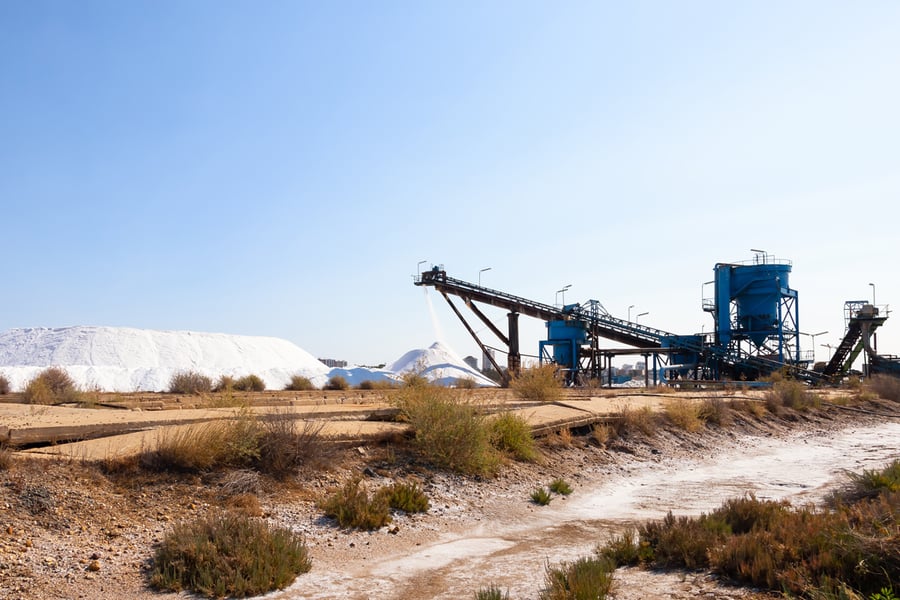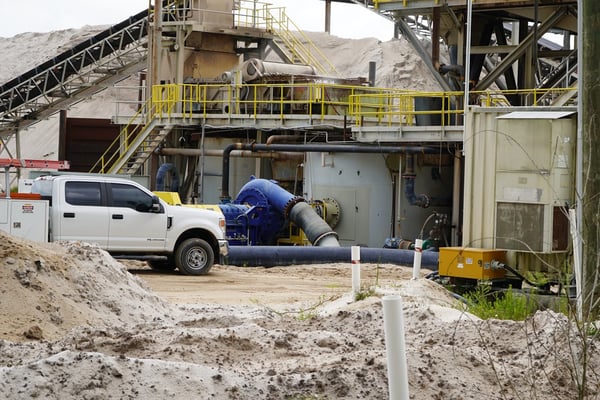
Mining plays a critical part in the transition to renewable energy, and the two go hand-in-hand. Renewable energy relies on mined resources, specifically green minerals, otherwise known as battery metals, for both collection and storage of useable energy.
Battery metals
The development and use of renewable energy systems, such as solar panels, wind turbines, electric vehicles, and hydrogen fuel cells, will minimize greenhouse gas emissions and mitigate the effects of climate change. But creating these systems on the scale of increasing demand will require increasing amounts of battery metals.
Battery metals are mined materials essential to the manufacture of batteries and/or the storage of energy. These materials are crucial to decarbonizing transportation and any widespread transition to renewable energy — which means the success of renewable energy initiatives relies, in large part, on the mining of essential metals, including lithium, nickel, aluminum, copper, zinc, silicon, graphite, manganese, cobalt, and rare earth metals.
As renewable energy initiatives expand on a global scale, these metals — particularly lithium, nickel, cobalt, graphite, and manganese — will continue to be in high demand, which makes sustainable mining a priority for many countries with large deposits of these “green minerals.”
Green minerals
Lithium and nickel mining are a focal point for renewable energy resources. Lithium is primarily used for energy storage in the form of lithium-ion batteries. Current demand is high, with lithium valued at more than $400,000 per metric ton.
While lithium-ion batteries are used for storing renewable energy for a variety of purposes, nickel batteries are in high demand for use in electric vehicles. Producers of electric vehicles, such as Tesla, are looking for opportunities to invest in nickel mining. Nickel is currently valued at over $20,000 per metric ton.
Sustainable slurry pumps
Sustainable mining starts with sustainably manufactured equipment that can handle a variety of mining conditions, is easy to maintain, and can provide a long wear life. KSB offers three GIW® slurry pump ranges well suited for the sustainable mining of battery metals. For low to nonabrasive slurries, the GIW® LCC-M can be easily dismantled for on-site service and maintenance. The GIW® LSA is engineered to handle severe slurries, and the GIW® MDX — among the largest slurry pumps on the market — is designed for extremely abrasive, “aggressive” slurries and boasts an extraordinarily long service life.

Sustainable mining for renewable energy
Minerals, like lithium and nickel, are crucial to the production and storage of clean energy, and sustainable mining is essential to the responsible retrieval of these critical resources. KSB is committed to research and development to ensure continuous improvement and the development of new products and technologies that contribute to sustainable mining. Demand for certain materials may shift as energy needs change, but R&D continues to keep KSB at the forefront of an ever-changing market.
